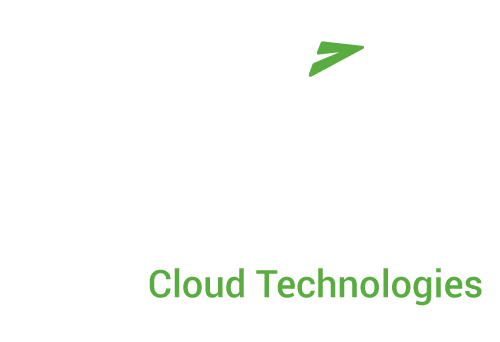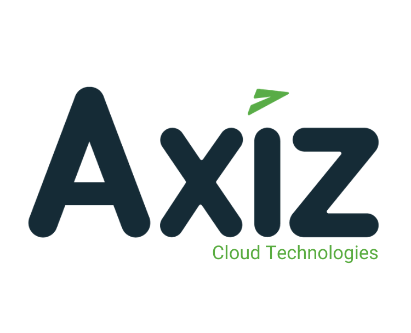- Send Us A Message
- Axiz Cloud Technologies Territories

- Frequently Asked Questions
Moving to the cloud feels like a big change for some companies. Understanding the ins and outs of cloud computing and where your company can take advantage of the numerous benefits is often a difficult task. Below you will find answers to assist you on your Cloud journey!
Cloud computing is the process of using a network of remote servers, hosted via the internet, to store, manage and process data, rather than hosting it locally.
Cloud infrastructure provides the benefits of flexibility, scalability and cost saving to name a few. It is important to evaluate from a strategic and operational perspective. Does your demand for IT vary throughout the year? Are the costs of your IT impacting your ability to grow as a business? If so, you may consider a Cloud option that can be easily scaled.
Most businesses use the Cloud for data backup, both short term and long term. Application-based workloads can also be moved to the Cloud (i.e., CRM, Marketing Automation, Etc.). Test and Dev operations can also be outsourced. The ability to spin up environments in a matter of minutes, scale them up or down on demand, and access data from anywhere is a huge appeal.
By and large the easiest and most common workload to shift to the Cloud is backup. Backup as a Service (BaaS) is easy to use and helps to mitigate a major business continuity concerns around downtime and data loss. Cloud-based backup can be used for multiple environments or just one environment – depending on what restrictions your company decides to place on Cloud usage.
With numerous high-profile hacks of personal information in recent years Cloud providers have worked to step up the security game for personal information. If a Cloud provider has certifications in place for HIPAA, POPIA, GDPR they have been evaluated by a third party and deemed qualified to handle personal / private information.
Cloud providers will outline your access, security, services, and support when you partner with them. To ensure the accessibility of data, cloud providers develop a service level agreement (SLA). The SLA will detail what happens in the event of an outage and protects the customer in certain situations.
The advantage of working with a Cloud service provider is that they handle the ins and outs of your Cloud transition, so you shouldn’t have to hire additional staff when shifting to the Cloud. If you do not have an existing IT team, consider hiring an IT professional to help take advantage of the services that Cloud providers offer and provide advice.
Cloud providers put numerous security parameters in place so that, in the event of a cyber-attack, your data is secure and can be restored. These tactics include encryption, identity management, and physical security. Providers should also have business continuity plans in place that utilize redundant hardware, backup generators, and other measures to prevent downtime.


